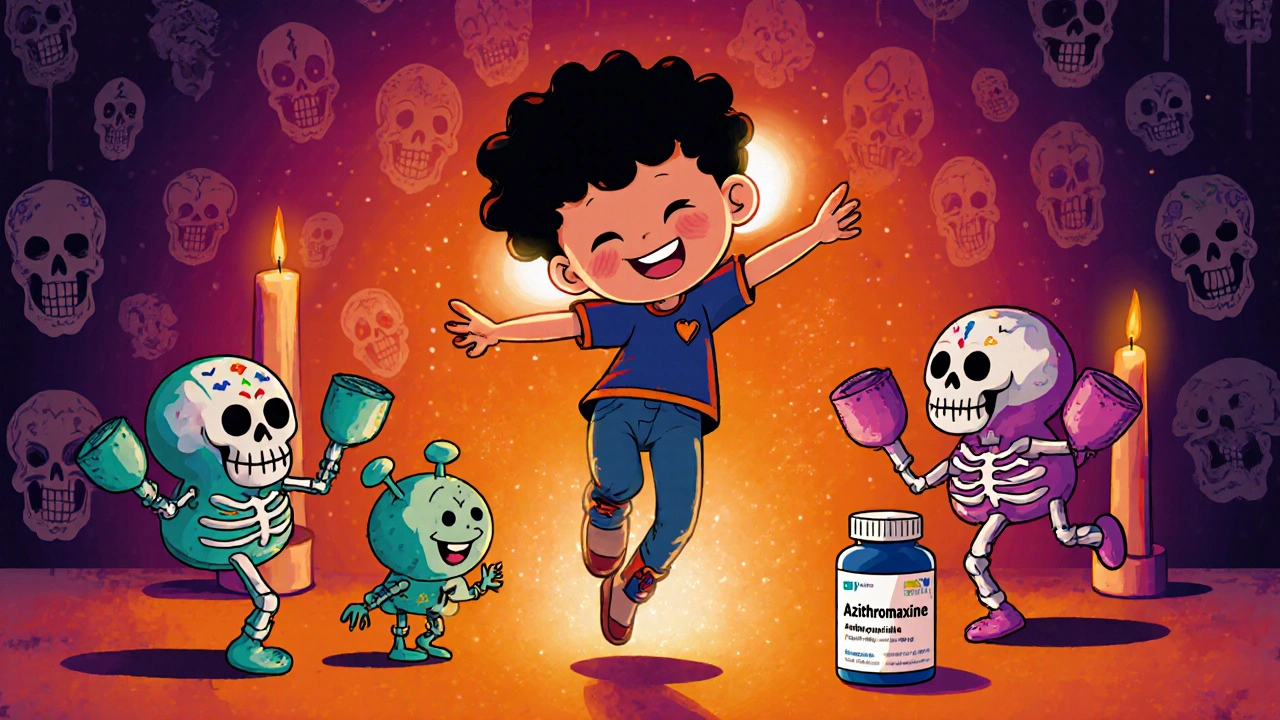Ear Infection Treatment: What Really Works
When you or your child has an ear infection, an inflammation of the middle ear, often caused by bacteria or viruses, leading to pain, pressure, and sometimes hearing loss. Also known as otitis media, it’s one of the most common reasons people visit the doctor—especially kids under five. But not every ear infection needs antibiotics. Many clear up on their own in a few days, especially in older children and adults. The real question isn’t just ‘what drug to take?’—it’s ‘what’s the right approach for this case?’
There are two main types: acute ear infections, which come on fast with sharp pain and fever, and chronic ones, which linger or keep coming back. The treatment depends on age, symptoms, and whether it’s bacterial or viral. For bacterial cases, doctors often prescribe antibiotics, medications like amoxicillin that kill the bacteria causing the infection. But if it’s viral—like from a cold—antibiotics won’t help. That’s why some doctors wait 48 to 72 hours before prescribing, especially for kids over two with mild symptoms. Meanwhile, ear pain relief, strategies like warm compresses, over-the-counter painkillers, or prescription ear drops to numb the area can make a big difference while the body fights off the bug.
Home remedies like garlic oil or warm olive oil are popular, but there’s little solid proof they work. Some might soothe, but putting anything in the ear canal without a doctor’s okay can be risky—especially if the eardrum is ruptured. Decongestants and antihistamines? They don’t help much either, despite what ads say. What does help? Staying hydrated, using a humidifier, and keeping the head elevated while sleeping. For kids who get ear infections often, ear tubes might be an option. And if you’re on antibiotics, finish the whole course—even if you feel better. Stopping early is how resistant strains start.
You’ll find detailed guides here on which antibiotics are most effective, how ear drops compare to pills, why some treatments fail, and what to do if symptoms don’t improve. We’ve also covered how certain medications—like those for allergies or chronic conditions—can make ear infections more likely. No guesswork. Just clear, practical info based on real-world use and medical evidence.

